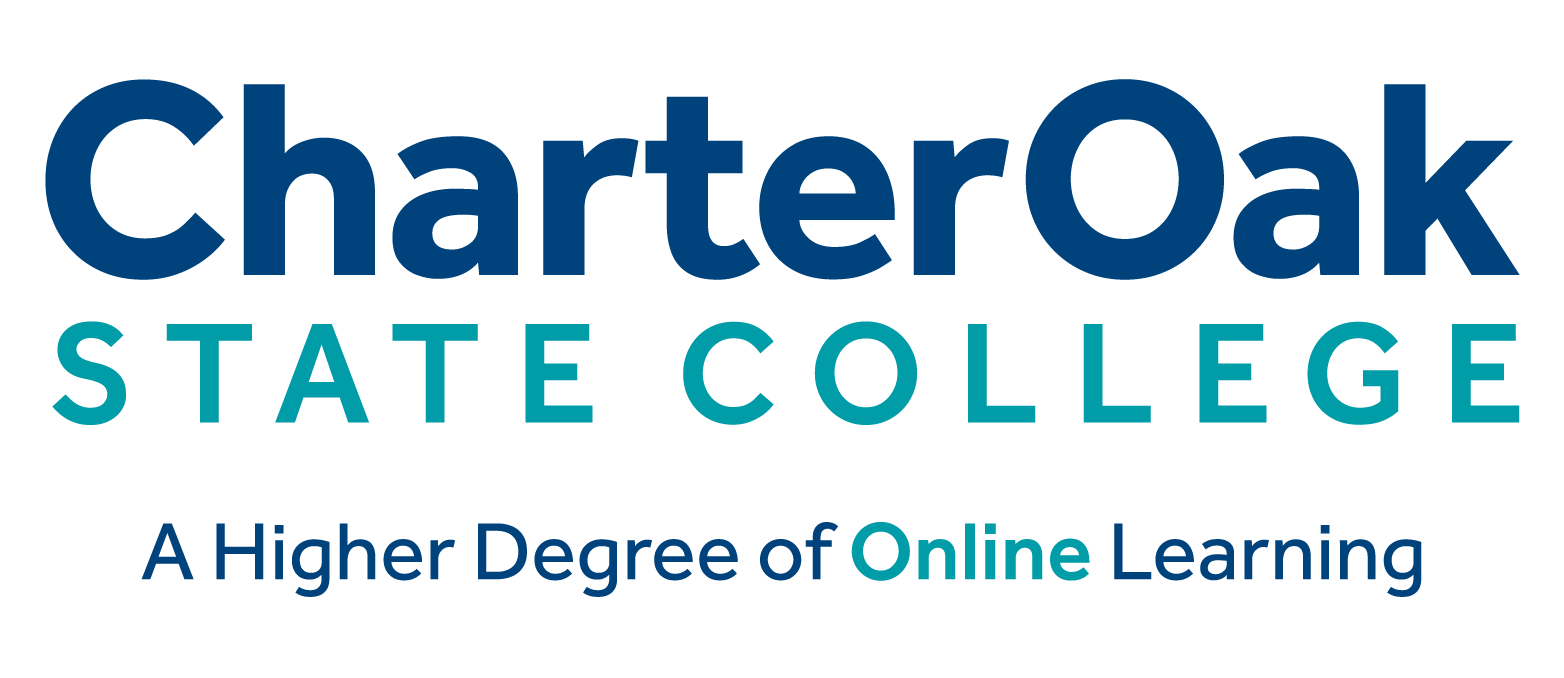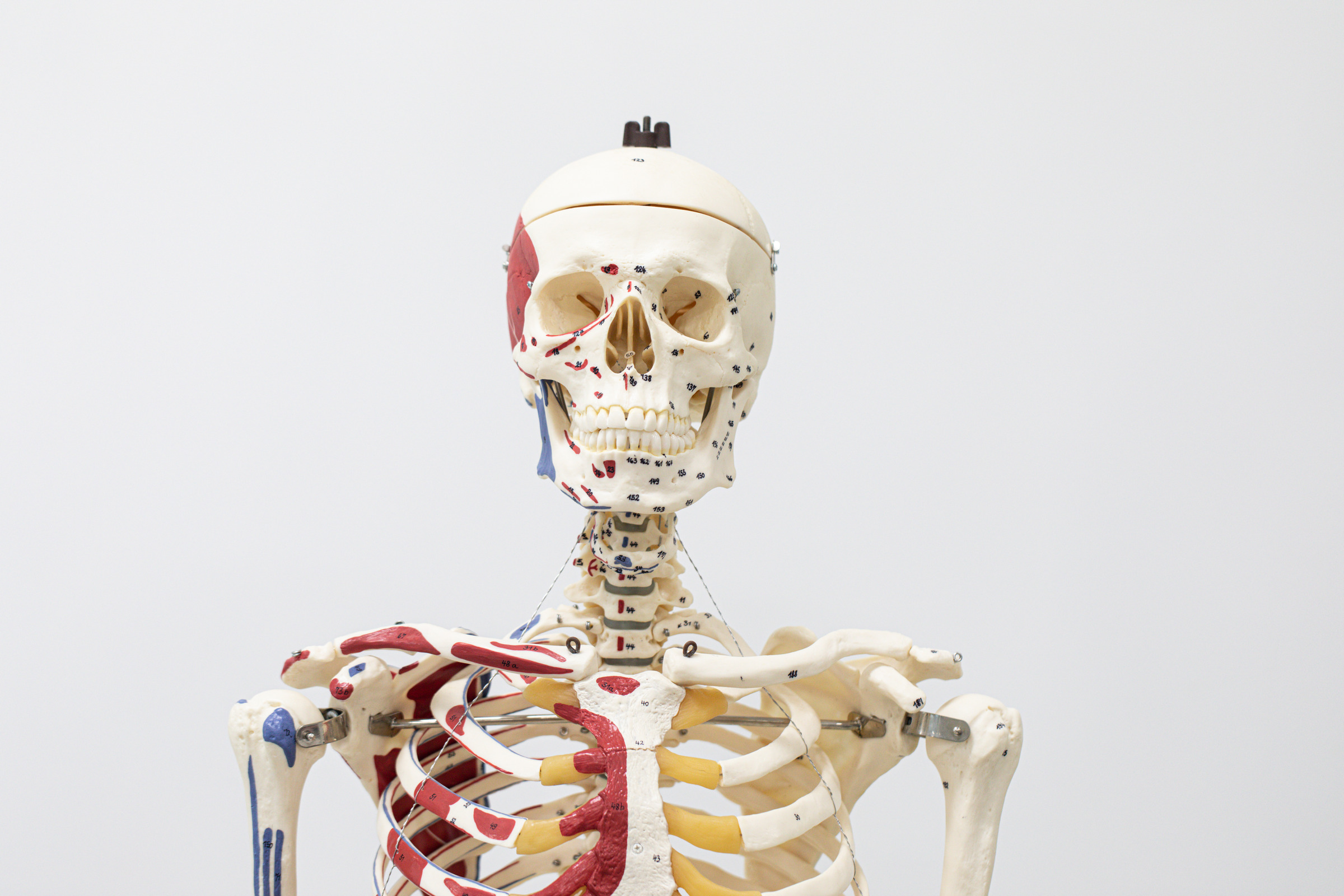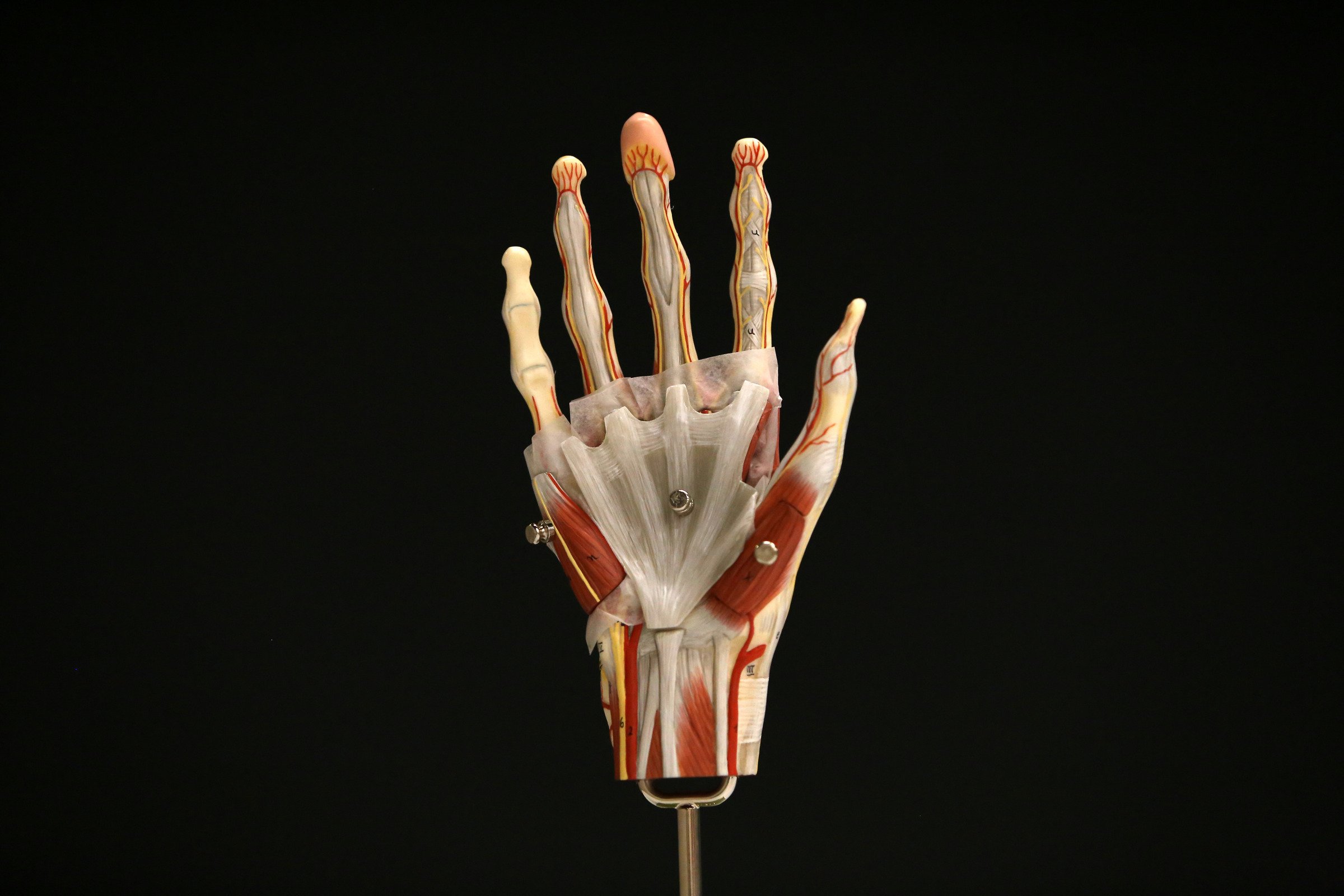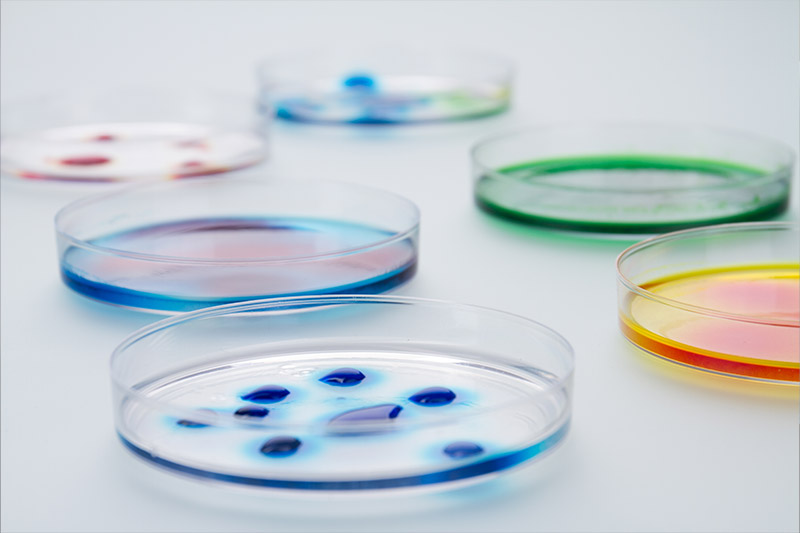
Complete the general education courses for your degree with Gateway Education. Take as many college courses as you would like for only $95 per month and choose your courses below for only $55 per course. All Gateway Education courses are 100% online, ACE recommended and transferable to Charter Oak State College.
Available Courses
Anatomy & Physiology Lab I
 Add to cart
Add to cart
College Credits: 1
This stand-alone lab course can be used alongside an A&P I lecture. This lab course initiates the application of Human Anatomy and Physiology by having students complete at-home laboratory experiments, guided by online exploration activities, exercises, and evaluations. It is the first part of a two part series. The lab course places emphasis on organization and overview of the human body, chemical reactions, maintenance of the body, integration, regulatory mechanisms and the dynamics of support and motion. Specific topics covered include anatomical terminology, organization of the body, histology, cell biology, and tissues, the integumentary system, the skeletal system, joints, the muscular system,
Anatomy & Physiology Lab II
 Add to cart
Add to cart
College Credits: 1
This stand-alone lab course can be used alongside an A&P II lecture. This lab course initiates the application of Human Anatomy and Physiology by having students complete at-home laboratory experiments, guided by online exploration activities, exercises, and evaluations. It is the second part of a two part series. The lab course places emphasis on organization and overview of the human body, chemical reactions, maintenance of the body, integration, regulatory mechanisms and the dynamics of support and motion, as they pertain to topics not covered in the first session of the course. Specific topics covered include a review of A&P fundamentals from A&P I, the endocrine system, the cardiovascular system, the vasculature and respiratory system, the lymphatic and immune systems, the digestive system, the urinary system, fluid and electrolyte balance, and the reproductive system.
Biology
 Add to cart
Add to cart
College Credits: 3
Students will develop knowledge and understanding of information collection and interpretation, hypothesis analysis, and principles and processes of biology. This course will address fundamental biological principles using the two cornerstones of modern biology: genetics and evolution. Elementary chemistry, cell theory, reproduction, and development will also be covered. The emphasis is on biological chemistry, cell structure and function, cellular metabolism, genetics. Introduction will be made to the basic principles of modern biology, including biomacromolecules, bioenergetics, cell structure, homeostasis, evolution, and ecological relationships.
College Mathematics
 Add to cart
Add to cart
College Credits: 3
College Mathematics is a college-level mathematics course for non-mathematics majors and majors in fields not requiring knowledge of advanced mathematics. In this course, students will become familiar with currently taught mathematics vocabulary, symbols, and notation and will learn to solve both routine problems and non-routine problems that require the application of skills and concepts. The subject matter of this course includes sets and logic, number theory, geometry, algebra and functions, graphs, probability, statistics, and financial mathematics.
Developmental Psychology
 Add to cart
Add to cart
College Credits: 3
Students will learn the concepts, principles, theories and applications associated with the study of the life span, conception through death. Emphasis areas include genetics, prenatal development, childbirth, infancy, toddlerhood, early and middle childhood, adolescence, and early, middle and late adulthood, as well as death and dying. Overarching ideas throughout different time periods of the life span will be studied, and knowledge of how development during one period may affect later periods will be learned.
English Composition 1
 Add to cart
Add to cart
College Credits: 3
A one semester equivalent course in freshman level English Composition 1 that introduces the principles of writing with emphasis on writing process, thesis, content, organization, purpose, and audience. It focuses on writing improvement through the practice of writing and reading, with weekly Language Instruction and practice. The final exam consists of three essay questions that measure:
- The students’ ability to compose an argument using written resources and experience to persuade a reader
- To analyze and respond to literary text.
- To analyze and critique a written essay.
English Composition 2
 Add to cart
Add to cart
College Credits: 3
The course objective is to provide knowledge that expands on the principles of writing from English Composition 1, while emphasizing Understanding, Analyzing, and writing about literature with the appropriate use of writing process, thesis, content, organization, purpose, and audience.
Ethics
 Add to cart
Add to cart
College Credits: 3
The academic study of Ethics includes about one-third theory and two-thirds practice. The theories and concepts of ethics have been historically fostered by major theorists who employ philosophical design to form ethical principles for application. Ethical theories, moral concepts, judgments and reasoning, meta-ethics (value theory, skepticism, naturalistic fallacy, etc.) and basic ethical concepts will be addressed in the theory portion of the course and final evaluation. Ethical practice questions will deal with corporate/business, social, personal, environmental, medical and professional issues and are among the majority of those facets which are evaluated in the end. Ethics is not a study of “black and white” sets of issues; rather, students must be able to apply ethical theory, concepts, knowledge and skill to a variety of situations.
Introduction to Macroeconomics
 Add to cart
Add to cart
College Credits: 3
Economics is the study of how best to allocate scarce resources among competing users. Its study can be divided into two parts, microeconomics and macroeconomics. Microeconomics is concerned with the individual agents operating within the economy, inclusive of households, individual workers and businesses and how they use the scarce resources available to them. It looks at the economy from the bottom-up. Macroeconomics, however, looks at the economy as a whole; or from the top-down. In more technical terms, macroeconomics studies the factors that influence aggregate demand and aggregate supply. Our focus will be on studying and understanding the macroeconomy.
This course is designed as an introductory survey of the economic concepts that are commonly used in understanding economic issues at the aggregate, or national level. The emphasis is on examining the overall functioning of the economy, exploring and understanding such phenomena as gross domestic product, national income, unemployment, inflation, the business cycle, as well as the fiscal and monetary policy tools that can be used to achieve a desired economic objective. In addition, the course will provide a basic understanding of international economics, with a focus on exchange rates, international trade and balance of payment dynamics.
Introduction to Psychology
 Add to cart
Add to cart
College Credits: 3
This psychology course will provide student knowledge on psychological theory, principles and terminology. This course, this course stresses basic facts, concepts and generally accepted principles. The course covers thirteen areas, in almost equal percentages, that include: history of psychology, biological basis of behavior, sensation and perception, states of consciousness, learning, cognition, motivation, emotion, personality, abnormal and developmental psychology, treatment and social psychology, as well as statistics, test and measurements.
Introduction to Sociology
 Add to cart
Add to cart
College Credits: 3
This course focuses on five major areas: institutions (family, educational, political, economic, communications); social stratification (mobility, power, race and ethnic relations, gender, and aging); social patterns (demography, geography, and community); social processes (groups, change, socialization, culture, and roles); and the history of sociology and sociological theory. Theoretical approaches surrounding significant topics in the field of sociology are provided; research methods in Sociology are introduced. Basic concepts are defined; examples of abstract ideas are offered.
Introduction to World Religions
 Add to cart
Add to cart
College Credits: 3
This course measures knowledge and understanding of indigenous and major world religions, historically as well as socially. From ancient native religions around the world to major current radical religious movements, this course spans millennia full of religious rituals, cultures, developments and shifts. Major content areas include religious frameworks (types of expression, structures, personal beliefs, definitions, and phenomena); sociological, psychological and philosophical perspectives; religious traditions and historical development; and comparative analysis of religious narratives around the globe. Religions covered include primal and indigenous religions, Hellenic and Roman Traditions, Hinduism, Jainism, Buddhism, Confucianism, Taoism, Shinto, Judaism, Christianity, Islam, Sikhism, and the Baha’i Faith. Participants will not only become well-prepared for assessment but will also be enriched by a cornucopia of religious traditions, backgrounds and evolutionary developments throughout the history of humanity.
Microbiology Lab
 Add to cart
Add to cart
College Credits: 1
This stand-alone lab course can be used alongside a Microbiology lecture. This lab course initiates the application of Microbiology by having students complete at-home laboratory experiments, guided by online exploration activities, exercises, and evaluations. Microbiology is a lab course intended for students interested in learning about the microbial world and how the microbial world influences human actions and interactions. Specific topics covered include Laboratory Safety, Using a Virtual Microscope, Microbiology Laboratory Preparation, Microscopy for Microbiology – Use and Function, Aseptic Technique and Culturing Microbes, Bacterial Morphology and Staining Techniques, Bacterial Identification through Selective and Differential Media, Hand Washing and Normal Flora, Bacterial Enumeration- Dilutions and Plate Counts, Environmental Influences on Microbial Growth – Salt Tolerance and pH Testing, Biochemical Testing for Microbial Identification – Methyl Red, Voges-Proskauer, and Catalase Testing, Antiseptics and Disinfectants, and Food Safety.
Principles of Management
 Add to cart
Add to cart
College Credits: 3
This course covers human resources, operational and functional aspects of management, and contemporary issues in management. An overview of key management concepts and the evolution of management theory and thought throughout the years are covered. Students learn the five key management functions– planning, organizing, staffing, leading, and controlling. And contemporary topics are covered to help put these concepts into the proper context for a new and ever-changing world. Students are expected to demonstrate and apply the knowledge and skills acquired.
Substance Abuse
 Add to cart
Add to cart
Prerequisites: None
College Credits: 3
This course provides a comprehensive overview of substance abuse and addiction. The course examines the biological, psychological, and societal effects of the addictive process. Emphasis is placed on diagnosis, screening, and neurological factors affecting the major substances of abuse as well as the history, prevention, and treatment of addiction. The use of different treatment modalities is explored and the dynamics of co-occurring mental and addictive disorders.